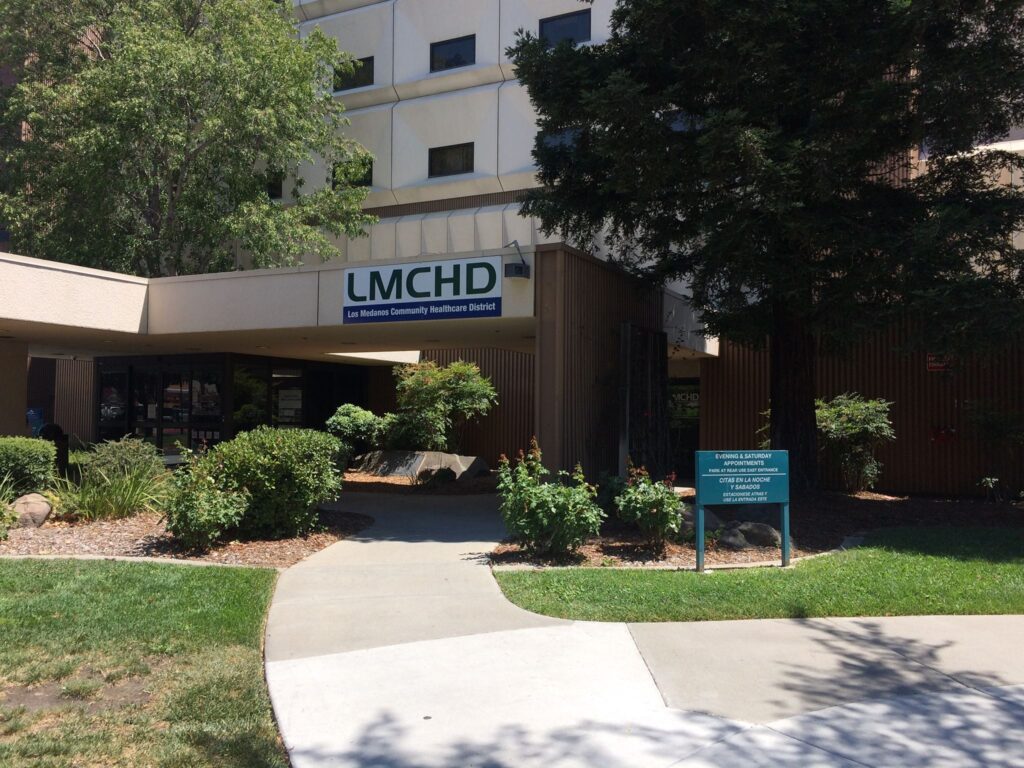
The Los Medanos Community Healthcare District building, formerly Los Medanos Hospital. Photo from the LMCHD Facebook page.
State Supreme Court denies district’s appeal, finalizes Supervisors’ 2017 unanimous vote and LAFCO’s 2018 dissolution decision; county will now receive the funds; Glover believes employees being paid through end of March
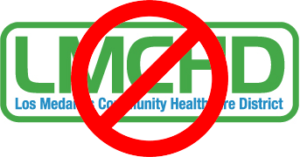 By Allen D. Payton
By Allen D. Payton
According to a Thursday, March 10, 2022, press release from Contra Costa County, the California Supreme Court denied an appeal by the Los Medanos Community Healthcare District (District), which resulted in the dissolution of the District effective Wednesday afternoon, March 9. The court decision does not affect the operation of the Pittsburg Health Center, which is operated by the Contra Costa County Health Services department and remains open with no changes to regular, ongoing services for patient care.
The County’s efforts to dissolve the district have been ongoing since November 2017 when the Board of Supervisors voted 5-0 in favor of dissolution. (See related article)
Then in 2018, following Contra Costa County Civil Grand Jury recommendations, the Supervisors requested the Local Agency Formation Commission (LAFCO), which is responsible, in part, for evaluating ways to reorganize, simplify and streamline the structure of governmental entities in California, to dissolve the District and transfer all of its assets and liabilities to the County. The court decision finalizes LAFCO’s dissolution decision that was originally approved in September 2018.
“The court action means we can lower overhead costs significantly and increase grant funding for the benefit of residents’ healthcare priorities and needs in the former District area,” said Supervisor Federal Glover, whose District 5 represents the communities. “We will be able to make a bigger difference for our residents.”
“This has been a thoughtful process to ensure that the community’s needs and concerns are addressed. The County will allocate 90% of funds to health-related programs and establish a reserve fund to help ensure that programs are sustainable moving forward,” stated Board Chair, Supervisor Karen Mitchoff.
The Board of Supervisors has established the Los Medanos Healthcare Advisory Committee in July 2018, as part of the plan to dissolve the District, increasing funding available for healthcare programming in the Pittsburg/Bay Point areas. The Committee has been charged with development of an area health plan to determine specific health needs of the community, identify priorities to address those needs and facilitate a request for proposals process to make funding recommendations for health programs in the community to the Board of Supervisors. The Committee includes representatives from the local community and medical practitioners, making this a unique opportunity for collaboration. It is anticipated that the Committee will hold its inaugural meeting in late Spring 2022.
The committee is responsible for making recommendations for grant funding to meet healthcare priorities of residents in the former District area.
The Advisory Committee will be composed of seven (7) members, with the majority being community members (5) who work or live in the Los Medanos area and two (2) healthcare professionals. As appointed by the Board of Supervisors, the Committee includes:
- (2) Representatives recommended by the City of Pittsburg;
- (2) Representatives recommended by the Bay Point Municipal Advisory Committee;
- Representative from the County’s Public Health Division;
- Representative from the County’s Behavioral Health Division; and
- At-Large representative who lives or works in the Pittsburg/Bay Point area as recommended by the Board’s Internal Operations Committee.
The benefits of including medical professionals on the Committee are to support impactful grant-making, collaboration, and leveraging of efforts with other healthcare programs and services in the County. An area health plan will be developed that will identify major health disparities to inform funding priorities for consideration by the Board of Supervisors.
“The targeted, coordinated approach to how we focus funding will help us do more for residents in the former District area to improve their health and how they receive healthcare,” added Glover.
No Impact to Pittsburg Health Center Services
Patient care and services at the Pittsburg Health Center are not impacted. Patients should continue to schedule their medical appointments and seek services at the Pittsburg Health Center as they normally do.
The Pittsburg Health Center is the largest clinic in the County’s 10 clinic healthcare delivery system. The County has operated the health center for over 20 years since the bankruptcy of the District in the 1990s and has been responsible for capital improvements since that time. The County most recently completed a multi-million-dollar renovation of the Adult Primary Care area within the facility as well as a comprehensive elevator replacement project.
District Spent $1.3 Million on Staff, Community Garden, Reading Program, Grants
As previously reported by the Herald, the Los Medanos Hospital closed in 1994 but the district, covering Pittsburg and Bay Point, had continued to exist, collecting property tax dollars and using the funds to pay for staff and provide grants to local organizations, direct service programs including a community garden and district sponsored programs including REading ADvantage for early literacy. The district’s 2020-21 Fiscal Year budget projects $1.13 million in tax revenue and $1.3 million in expenses.
Jobs of Antioch Mayor, 2020 Antioch Council Candidate Eliminated, Can’t Talk About It
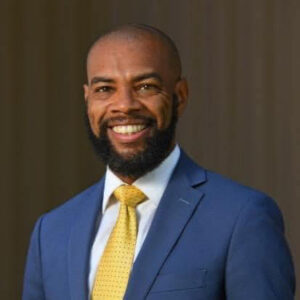
Former LMCHD executive director and Antioch Mayor Lamar Thorpe.
The result of the dissolution of the district eliminated the executive director job of Antioch Mayor Lamar Thorpe, who was given a pay raise last July, from $96,000 to $150,000 per year. In addition, another Antioch resident, homeless advocate and 2020 District 3 council candidate Nichole Gardner, had been his administrative assistant, and may have also lost her job. But she said she could not speak about it.
An attempt last year by former State Assemblyman Jim Frazier to eliminate the healthcare district through a bill co-sponsored by Assemblyman Tim Grayson (D-Concord) was unsuccessful. While it passed the Assembly on a 70-0 vote, it failed to pass out of the State Senate Governance and Finance Committee. (See related articles here, here and here)
Questions were emailed to Thorpe late Thursday night, asking, “What are your plans as a result of the district being dissolved and your job being eliminated? Have you been offered another position within the county government? Did the county give you a severance package or a month or more of compensation to give you time to find another position? Or have you already been pursuing something else and the Supreme Court’s decision was expected?
Also, what about the rest of your staff, including Nichole Gardner? Have they been offered other positions within the county government? How many staff were employed by the district?
Do you have any other comments as the outgoing executive director of the district?”
Website Removed, Phone Number Still Works, Questions Left on Voicemail
A search on Thursday for the hospital district’s website, https://www.lmchd.org resulted in the message, “Unrecognized domain name”. However, the phone number, (925) 432-2200 still works and a message was left with questions about staff still being paid and for any other details that can be shared about the dissolution. No response was received as of Friday morning at 10:45 a.m.
Questions for Glover, County Staff
Questions were also emailed late Thursday night to Susan Shiu the county’s Public Information Officer and Director of the Office of Communications and Media for Contra Costa County, who issued the press release, asking, “What is happening with the district’s staff, including former executive director Lamar Thorpe? Have they been offered other positions within the county government? Were they offered severance packages, or a month or two of compensation to give them time to find other jobs?” But her automatic response message shows she’s out of the office on Friday, March 11.
Efforts to obtain answers from the County Office of Communications and County Health Department’s communications staff about the district’s former employees, Friday were unsuccessful prior to publication time. They and Glover were also asked, “now that the LMCHD website has been taken down, what happened to all the board meeting agendas, related documents and minutes? Who took the website down and why? Shouldn’t it have been archived?”
County Health Department spokesman Karl Fischer responded, “The County Administrator’s Office is the one handling that situation. The CAO said they would get in touch with their PIO to coordinate. They should be able to help.”
Glover Responds, Believes Employees Being Paid Through End of March
Glover responded, “The healthcare district is paying them through the month of March. But I’m not sure about all the details. This had been an active thing. The panel of judges made a decision and the district appealed it to the Supreme Court which denied even hearing it.”
Asked about the website and records of meetings, agendas and minutes he replied, “those are the things we need to see what’s going on. Because that’s all information and documentation that the county has to have. It’s all public records and we will have to make sure they’re available.”
Please check back later for any updates to this report, once Shiu has returned to her office on Monday.












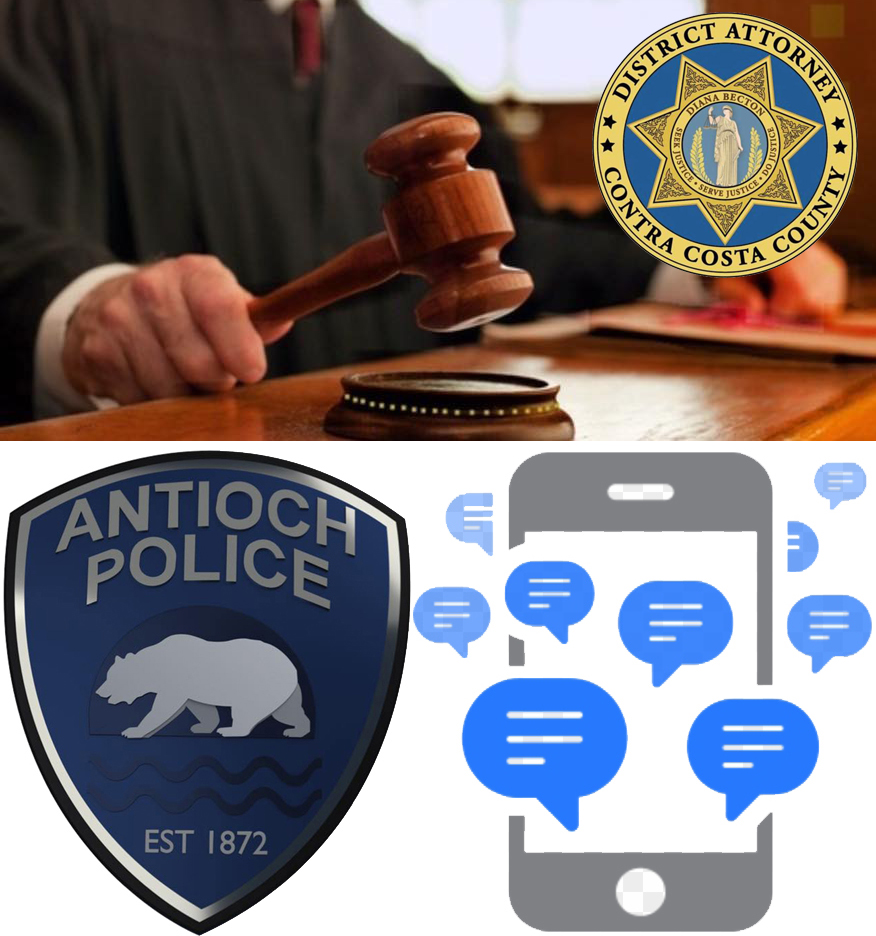
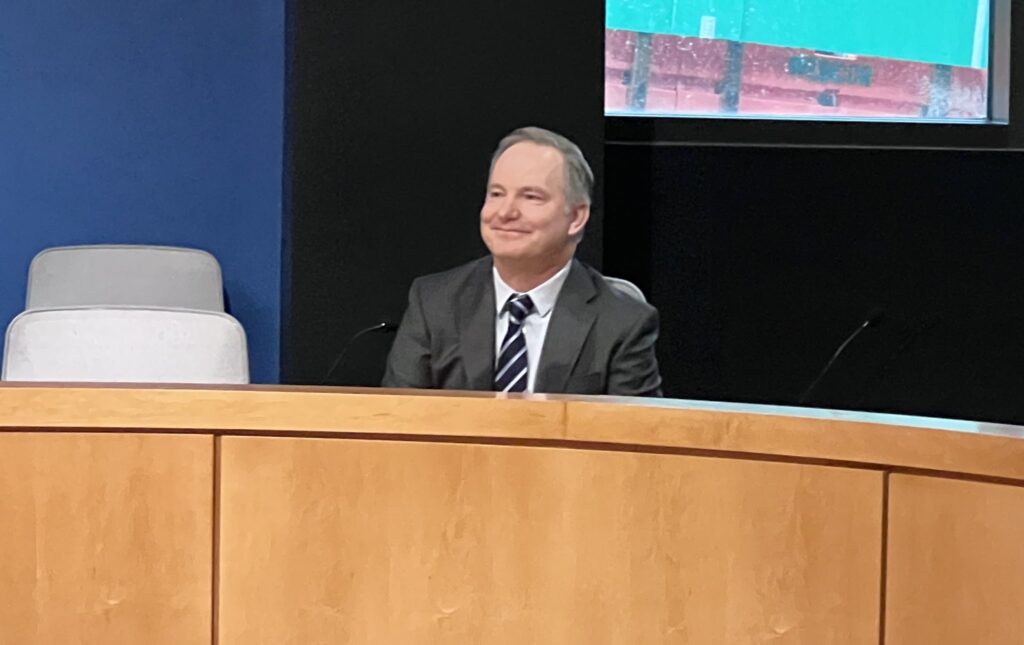
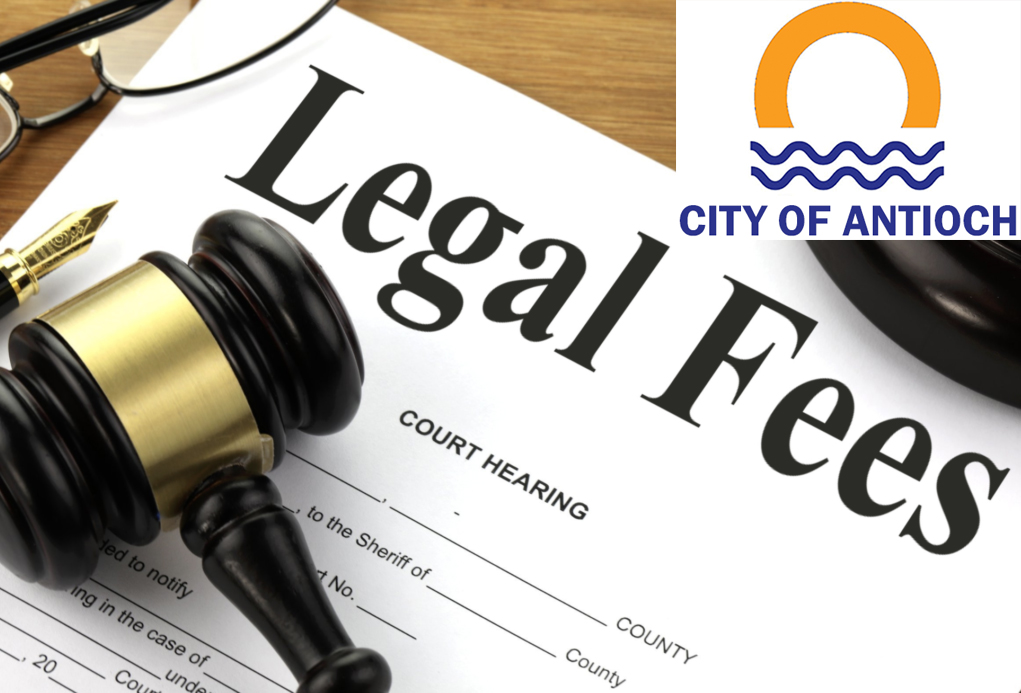
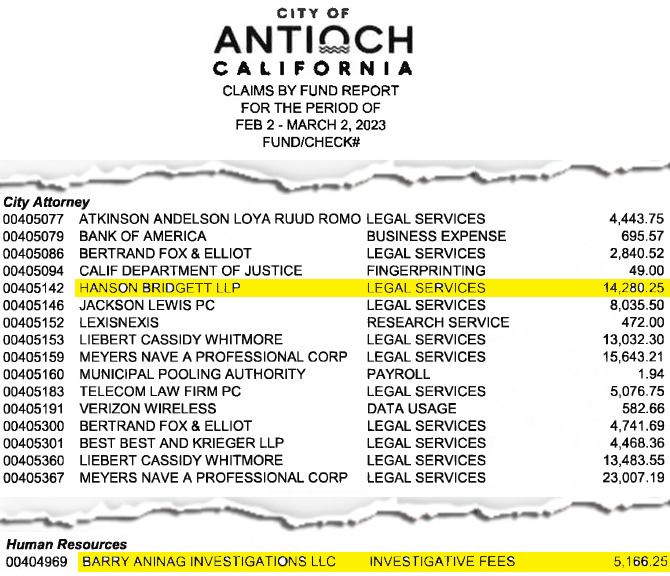
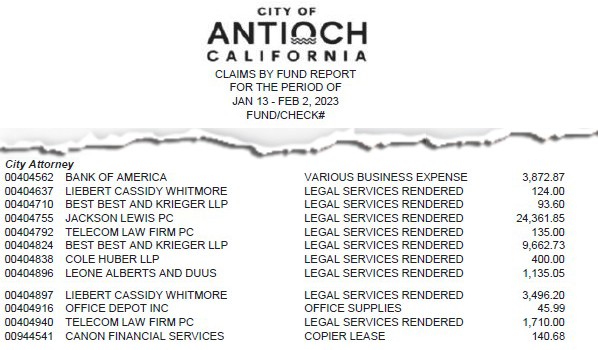
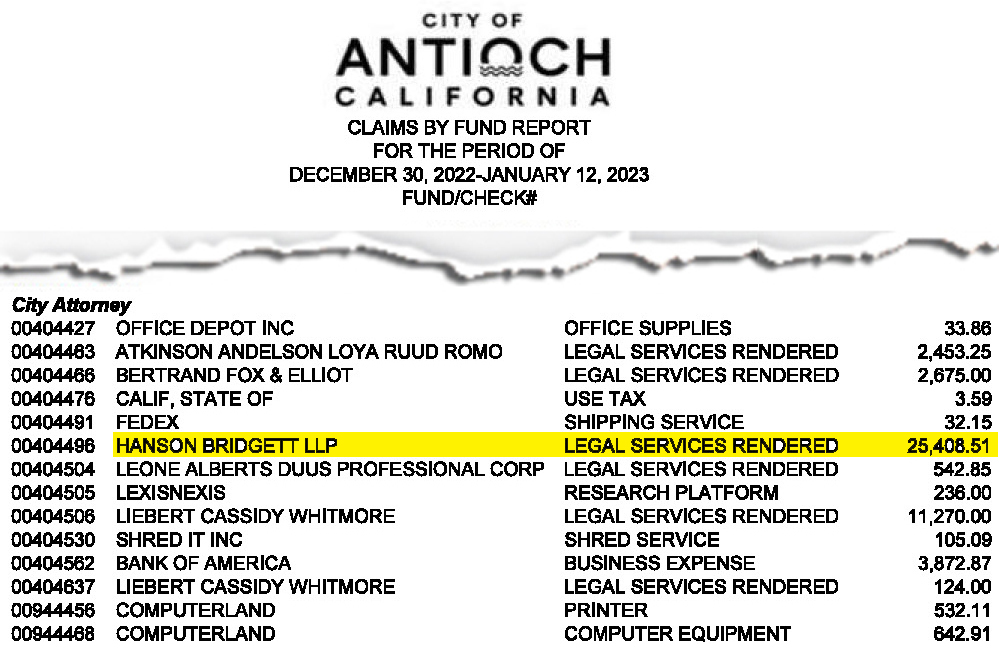

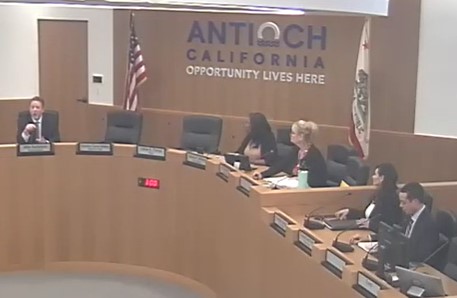
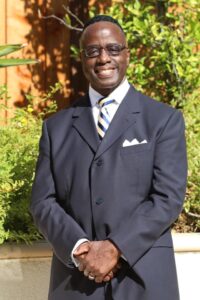
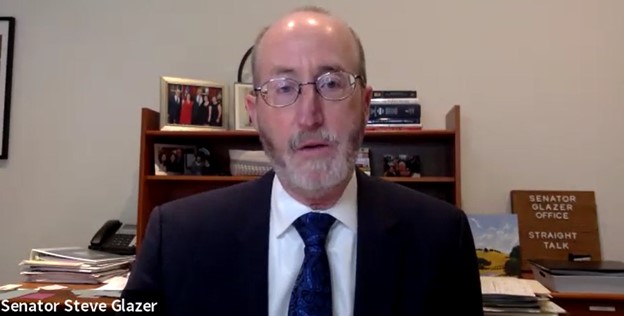
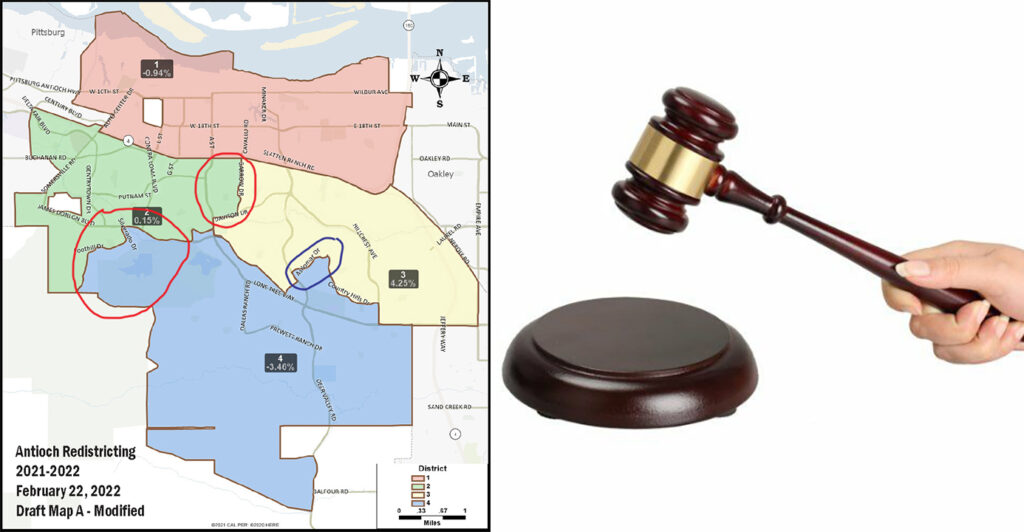

 By Allen D. Payton
By Allen D. Payton














